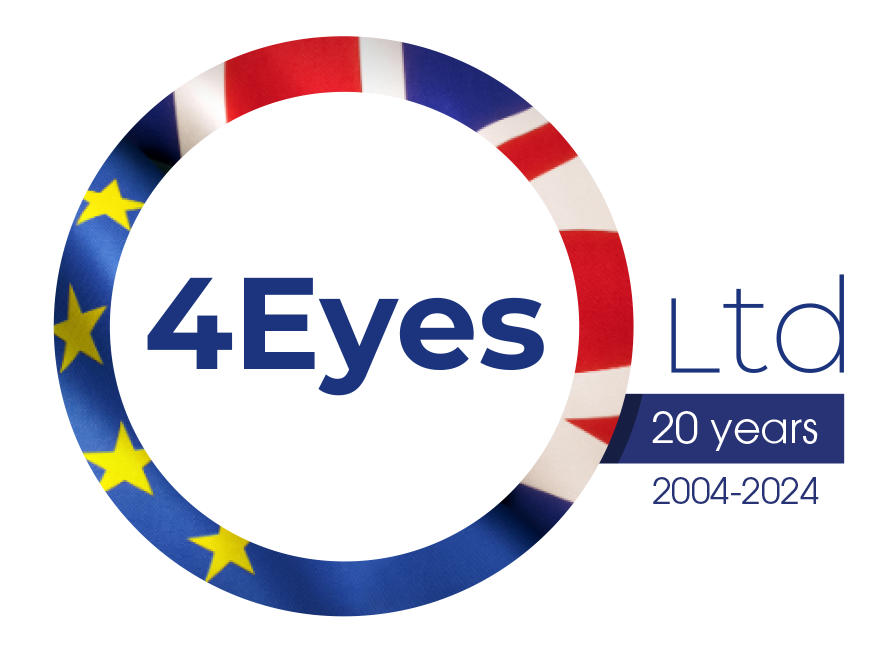7 weeks to go - New import controls are coming on 30 April
Check what you need to do to be compliant and avoid disruption to your business and supply chain.
New import controls have been introduced and further changes will come into effect from 30 April 2024. This article provides information on both what you need to do to comply now and when the additional changes are implemented.
What changes are coming on 30 April 2024?
In addition to complying with the current controls that came into effect on January 31, from 30 April 2024 traders must:
· Ensure goods from EU /EFTA enter GB through an appropriately designated Border Control Post (BCP) or Control Point (CP) for your commodity type where risk-based documentary, identity and physical checks will take place.
· Present the consignment for inspection at a BCP or CP when called. Existing inspections of high-risk plants and plant products from the EU, Switzerland, and Lichtenstein will move from Places of Destination (PoDs) to BCP and CP’s.
· Upload IUU documents to the CHED import notification created in IPAFFS for a consignment containing fish or fishery products for human consumption before submitting the import notification.
Additionally, imports from non-EU/EFTA risk assessed countries will begin to align with the BTOM regime. Changes to import controls for non-EU/EFTA risk assessed countries will include:
· The simplification of imports including removal of health certification and routine checks on low-risk animal products (they will be subject to intelligence-led interventions).
· A reduction of physical and identity checks on medium-risk animal products from non-EU/EFTA risk assessed countries.
· Changes to checks rates and the removal of requirements for import controls on certain low risk plants and plant products from risk assessed non-EU/EFTA countries
· Proportionate level of checks for high and medium risk plants and continued requirement for a Phytosanitary Certificate (PC) and CHED import notifications made on IPAFFS.
Find out more about non-EU/EFTA BTOM risk categories for Animal Products
Find out more about non-EU/EFTA BTOM risk categories for Plant Products
Import notifications and customs declarations - get ready, get it right
HMRC and Defra services working together
Import notifications are submitted on Defra’s Import of Products, Animals, Food and Feed System (IPAFFS). Customs declarations are submitted on customs software using HMRC’s Customs Declaration Service (CDS). IPAFFS and CDS are separate digital services but a background process validates the import notification reference, checks the commodity code/s and net weight/s for the consignment and provides the SPS inspection decision for the import notification to CDS.
No Match errors
If an inconsistency is found between the two, this will trigger a ‘No Match’ error within a few minutes of submitting the customs declaration. If this is not fixed in the customs declaration or the import notification before the consignment reaches the port of departure, the consignment will be directed to the Border Control Post when it reaches GB.
Importing from EU/EFTA countries? Get ready
HMRC and Defra already cross-checks import notifications and custom declarations for consignments from non-EU countries. From 30 April 2024, this will be extended to consignments from EU/EFTA countries. If you import goods from EU/EFTA countries get ready for this change by sharing this information with your customs agent, import agent or freight forwarder handling your imports.
Actions to take from 30 April
1. Submit the import notification first, and then the customs declaration.
2. If an inconsistency is found between the two – the import notification reference is wrong or in the wrong format or the commodity code/s or net weight/s don’t match - this will trigger a ‘No Match’ error within a few minutes of submitting the customs declaration.
3. You will see the error messages on the customs software/CDS and on the IPAFFS dashboard (unless the import reference doesn’t exist). You will also receive an alert via email from IPAFFS and CDS on the No Match error.
4. Correct the error in the customs declaration or import notification before the consignment reaches the port of departure to avoid the consignment being directed to a BCP when it may not need to attend.
